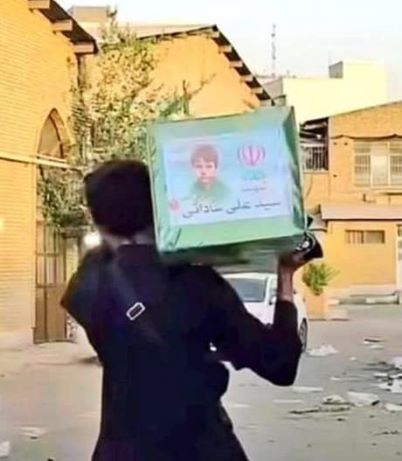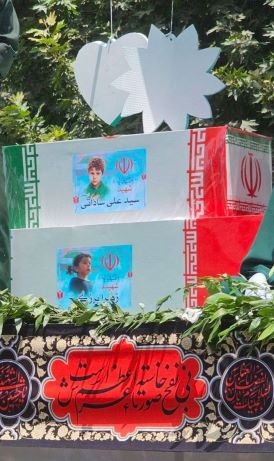War and Psychology
By Alireza Bahrami
Correspondent for The AsiaN
TEHRAN: War puts the mind and body under serious strain. Those who leave their homes are under mental and physical strain, and those who do not leave their homes are also under mental and physical strain.
During these five days of the ceasefire following 12 days of Israeli airstrikes, I saw the people of Tehran tired, especially mentally.
My family and I did not leave the house, but most of the neighbors who had left the city have returned. Car traffic in the city has increased, but the spirit of life in the city is not the same as it was before the war.
The ceasefire was established on Tuesday, two days before the weekend (the Iranian week is from Saturday to Friday). But the situation of jobs and flights remained affected by the war conditions. Government offices were partially closed. Saturday was the first day of the week, but government offices remained closed, because the funerals of the war dead were being held simultaneously.
Thousands of people took to the streets in Tehran for the funeral. The media published various photos from the ceremony. I cried when I saw the photo of a man carrying the coffin of a child. I always cry when I see photos and videos of children in war. I am sensitive to this issue. I write articles and poems about it. I am a poet in my own country with several books and awards. When a news article is not enough for me, I write poetry.

The photo that moved me today was of a five-year-old boy. He was killed in his sleep at home with his two sisters, his parents, and his grandparents. What made me cry was that one person was enough to carry his coffin; it was so small. And maybe his body was disintegrated.
A total of 60 Iranian children were killed in this 12-day war. That is an average of 5 children a day.
These events create psychological stress. The life aspirations and work plans of everyone affected by the war are also a source of psychological stress. Stock prices have fallen on the stock exchange, work orders have decreased, and flights are still suspended.
My friend, who is Iranian-Australian and traveled to Tehran to see his brother and father, had a return ticket last week, and now it is not known when he will be able to return to his home in Australia. Will he lose his job in Melbourne?

What increases the psychological stress is the question of whether the ceasefire will be permanent or will Israel attack Iran again?
But the war made people kinder to each other. The Iranian people were more successful and prouder than the Iranian government in this war. Protests against the government persist, but the protesting people also about their fellow countrymen.
Iranians celebrate the religious commemoration of “Muharram” for 10 consecutive days. The tenth day is called “Ashura”. It is the day that the Shiite leader was killed in Iraq a thousand years ago. He resisted and was killed in an unequal battle, with only 72 of his followers remaining with him, but he refused to make a treaty of friendship with the tyrannical king. He chose to die with honor. That is why he is popular.
We are now on the third day of the 10-day commemoration, and this has made the atmosphere in the city even more special.




